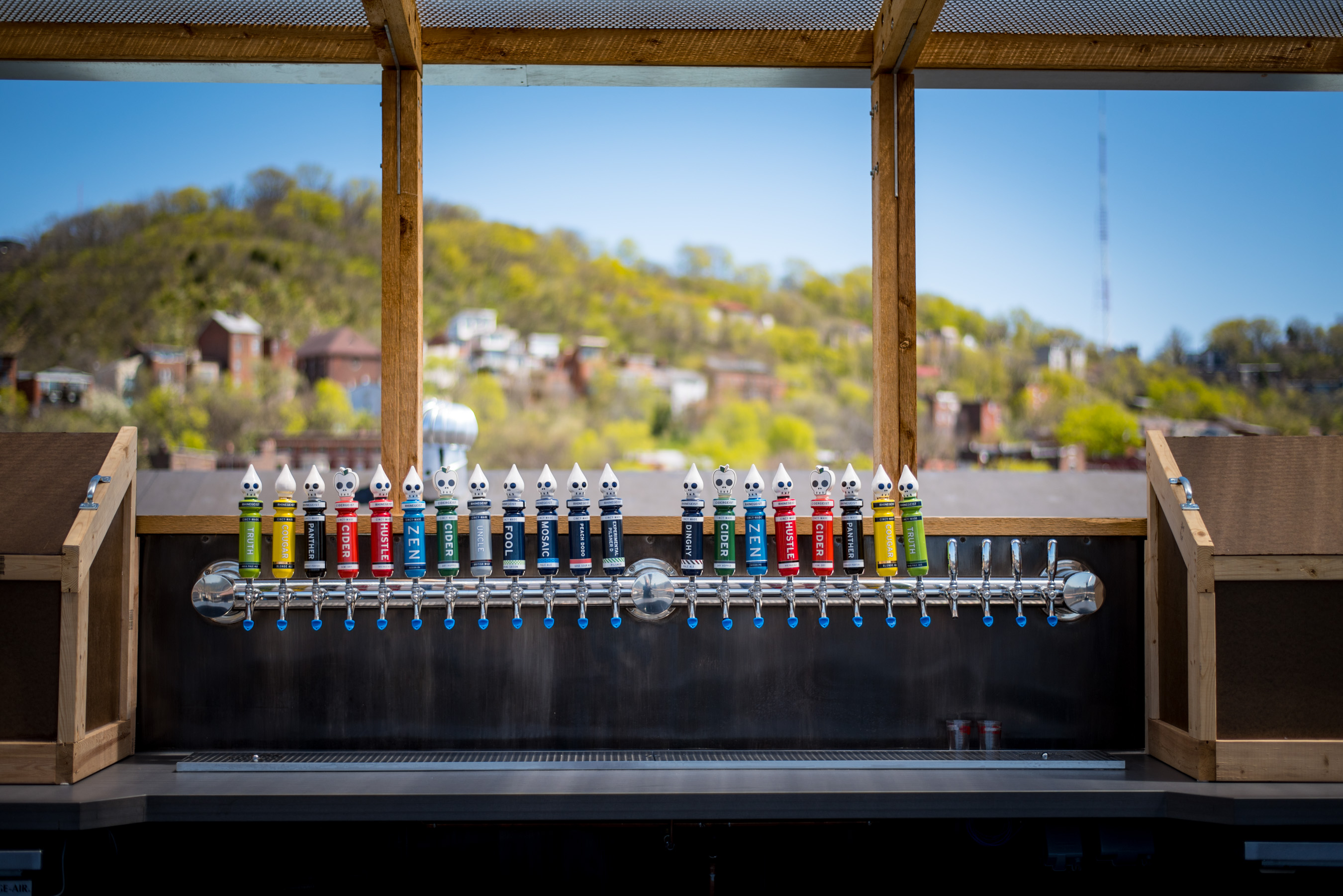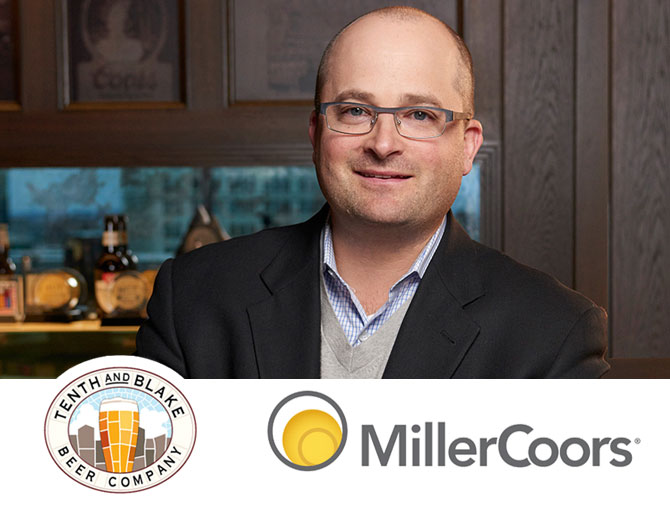
New Survey Points to Brewery Taprooms as Category Growth Centers
One of the more familiar refrains from beer industry members is that direct-to-consumer sales at brewery taprooms are cutting into the more traditional on-premise opportunities.
While concerns that tasting room visits could be replacing trips to the bar are legitimate, Brewers Association chief economist Bart Watson has new survey data to help quell some of those fears.
In a recent blog post, Watson shared the results of a joint consumer survey with Nielsen. The biggest takeaway? 64 percent of the nearly 1,500 consumer respondents said a brewery visit was “either a different type of occasion or was in addition to typical on-premise occasions.”
Asked if taproom visits “replaced” a visit to a bar or another on-premise establishment, 34 percent of 21 to 34-year-old respondents described a brewery visit as a “different type of occasion” and said they wouldn’t have considered going to a bar instead. 25 percent of consumers in that cohort also said they stopped at breweries as well as more traditional on-premise outlets during an outing.
Meanwhile, 38 percent of 35 to 54-year-olds and 47 percent of drinkers over the age of 55 said they considered brewery visits to be different than bar visits.
For Watson, these findings are significant, because it means that brewery taprooms are actually helping to grow the entire beer category.
“There is growing evidence that much of the growth in demand for experiential beer-drinking occasions was not being fully met by traditional on-premise channels,” Watson wrote. “Breweries have clearly tapped into this demand, and as we can increasingly see in surveys, many of the visitors driving at-the-brewery volumes are not just substituting those visits for traditional on-premise, but rather coming back to the beer category because their demand for an experiential beer drinking occasion is being met.”

Tenth and Blake President Provides “Playbook” for Surviving a Shakeout
Newly appointed Tenth and Blake chief Pete Marino has some lessons for craft breweries worried about a shakeout.
In a speech at the California Beer and Beverage Distributors meeting, Marino laid out five ways craft brewers can succeed over the next five years, according to the beer company’s own blog.
First, Marino believes that craft brewers need to have a “clear vision for their place in the market,” if they want to “ride out any shakeout we encounter in the next few years.”
In Marino’s eyes, that means being “realistic” about goals, and “ensuring they have the resources in place to get there.”
He also suggested that brewers simplify their portfolios, develop more sessionable beer offerings and maintain a “steady commitment” to brand building.
“You can come up with an amazing sales and marketing program, but if it’s a one-off, you’ll see minimal lasting impact,” Marino reportedly said.
He also advocated for three-tier system, saying self-distributing breweries and those focused on direct-to-consumer sales would have “a short-term win” in profitability, but in order to enjoy scalable, long-term success, they need to identify a “committed distributor partner.”

Old Town Brewing in Fight with City of Portland Over Stag Symbol
With nearly 6,000 craft breweries all trying to distribute tens of thousands of products, it’s not uncommon to see a variety of trademark infringement cases – usually over a logo or the name of a product.
The latest dust-up, in Portland, Oregon, however, has one of the more interesting plot twists we’ve seen in awhile. It involves Old Town Brewing, the city of Portland and a pair of major alcohol companies, all of which want the ability to use the image of a leaping stag from Portland’s iconic downtown neon sign.
The Beervana blog has an in-depth write-up on the issue, but here’s the gist: In 2010, the city of Portland purchased the sign, saving it from being ripped down and obtained several trademarks for use of the sign’s imagery on products such as merchandise in the process.
But the city never trademarked the leaping deer for use in beer, wine and alcohol and, in 2012, the U.S. Patent & Trademark office granted Old Town Brewing the trademark for use in this category.
Now, in an effort to license the image to companies like Anheuser-Busch InBev, the city of Portland is in a public fight with Old Town Brewing. The city of Portland has filed trademark requests with the USPTO three times, each time forcing Old Town to buck up with a costly defense of what is already an “incontestable” mark.
“They told us they would spend whatever it takes,” Old Town Brewing founder Adam Milne told the Beervana blog.
In addition to the lengthy Beervana blog, there’s a whole bunch of fantastic reporting on the trademark dispute from KATU.com and Willamette Week that we suggest you read.
Epic Brewing Sues Eddyline Brewing
In other trademark dispute news, Epic Brewing is suing Eddyline Brewing over its “Epic” trademark, Denver Westword reported last week.
Eddyline brews and packages a beer called “Epic Day Double IPA,” and Epic Brewing is claiming that the use of the word “Epic” infringes on its mark.
Epic, which has breweries in Salt Lake City and Denver, is reportedly asking for $1 million in damages.
The USPTO recently rejected Eddylines attempt to trademark the “Epic Day” beer, Westword added.